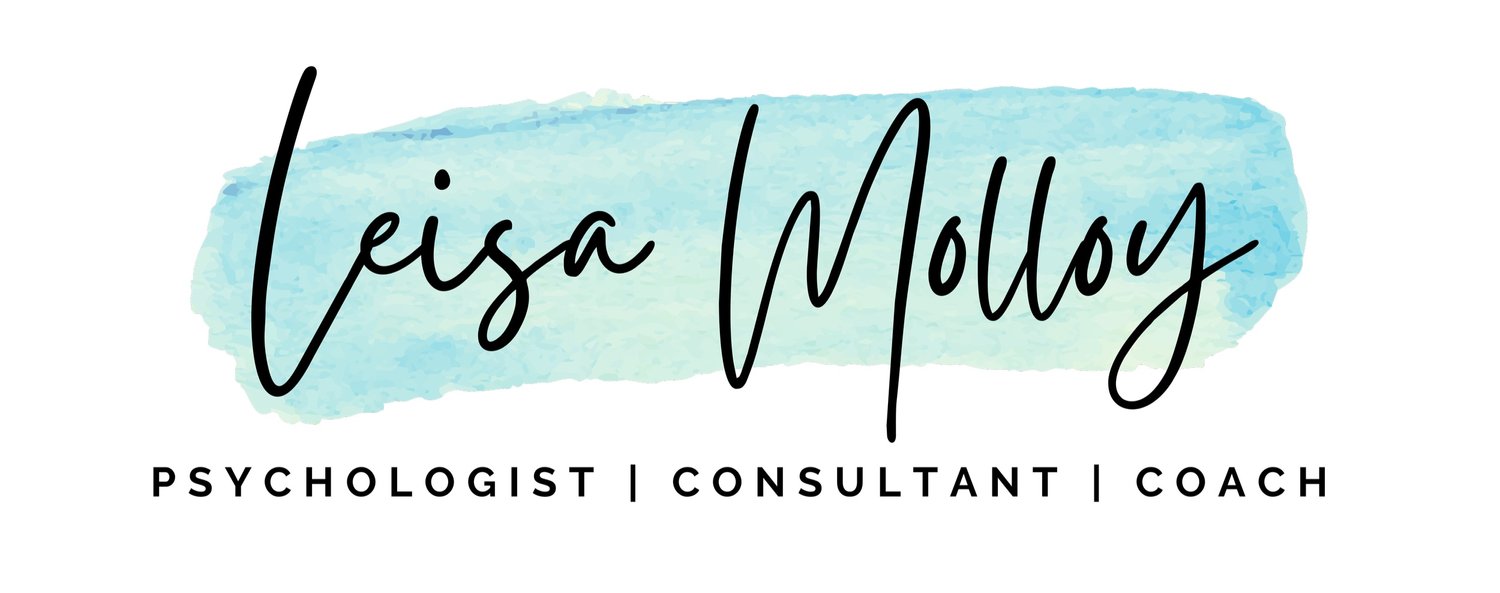On Making Work Human, Emotionally 'Checking In', & Building Greater Insight…
Every month I send out a newsletter including resources, freebies and insights for leaders who want to be more skilled, self-aware and ‘human’ in their approach to handling relationships and navigating important workplace conversations. Most include topics relating to trust, psychological safety, emotional intelligence, communication, and connection.
This is the content from the February 2021 newsletter - enjoy! And be sure to sign up for the newsletter if you enjoy this kind of content :-)
How does Brené Brown check in with her team?
This brief article includes a great suggestion for conducting an emotional ‘temperature check’ with your team, as shared by none other than the fantastic Brené Brown.
The exercise is short and practical, with the added benefit of helping team members to build their emotional vocabulary - if they don’t want to give the same answers every day, anyway! As noted in the article, this approach can be more effective than asking “How are you feeling?” directly, given that so many of us have been conditioned to give pleasant or socially acceptable answers (e.g. “I’m fine!”).
You can read the article via this link.
How are recognition and appreciation different?
I've recently revisited this article due to some client work I'm about to commence on the same topic. It highlights the key distinction between recognition and appreciation - noting that we often use these terms interchangeably.
Recognition is about providing feedback based on results or performance - what someone did. In contrast, appreciation is about recognising the inherent value someone might bring given their skills, strengths, or personal attributes. It's about who they are as a person. While there are benefits associated with providing both types of feedback, appreciation can often be much more powerful for strengthening relationships and creating positive "micro-moments" of connection. When was the last time you told a team member what you appreciate about them?
You can read the HBR article here.
Are your people managing or leading?
Over the last few months I've encountered quite a few leadership teams who have decided to revisit this important question - "What are the 'shifts' required to move from being a manager to being a leader?" And perhaps more importantly, "How do I make these shifts?"
Despite trying to boil it down to "3 ways" (for the purpose of a catchy headline!), this article mentions a number of important skills, behaviours and attitudes required to make this shift. It talks about letting go of control, building self-awareness, active listening, creating safety, and demonstrating intellectual humility. It could be a good conversation starter for anyone having similar discussions within their organisation.
You can read the Forbes article by following this link.
How will I know if my team is working when I can't see them?
The short answer? You can't.
That’s one of the key takeaways shared in this podcast interview about the shifts in thinking and communication required to lead a remote (or hybrid) team. The interview includes some really pragmatic tips as well as a number of key principles that need to be embraced by leaders - if they want this "new way of working" to succeed, anyway.
What I found most interesting? Ultimately, all of the suggestions point back to those fundamentals that are important in all aspects of leadership - trust, communication, clarity, humility, and empowerment. I also agree wholeheartedly with the assertion that senior leaders need to play a key role in making this transition successful, through role modelling desired behaviours and actively working to build alignment.
You can find the episode here on the Coaching for Leaders website, or here via Spotify or Apple Podcasts.
How 'human' is your workplace?
Yes, I know I'm sharing two Brené Brown resources this month, but I've been catching up on the Dare to Lead podcast and couldn't resist sharing this one!
There are so many great takeaways from this interview with Eric Mosley about bringing more humanity to the workplace. You'll hear about the three pillars Mosley feels are important for modern culture management (Thank, Talk and Celebrate), along with some interesting insights that have emerged from the 50 million data points gathered through the work of Humanly. It's a long interview, but definitely worth a listen.
You can find the episode via this link. It is also available on Spotify (but not Apple podcasts).
How can you deepen your own understanding?
Finally, this month I'm sharing a resource that I pulled together for participants in one of my 'Challenging Conversations' programs.
It includes a range of questions you can ask during a conversation to build greater insight and understanding around the other person's needs, wants, concerns, feelings, and perspectives. I hope you can find 2 or 3 useful questions to try out next time you need to better understand someone else's position or navigate a tricky workplace conversation!
You can download a copy of the resource via this link.
Thanks for reading! Feel free to share with anyone who might find these insights helpful, or want to sign up and join the community.






